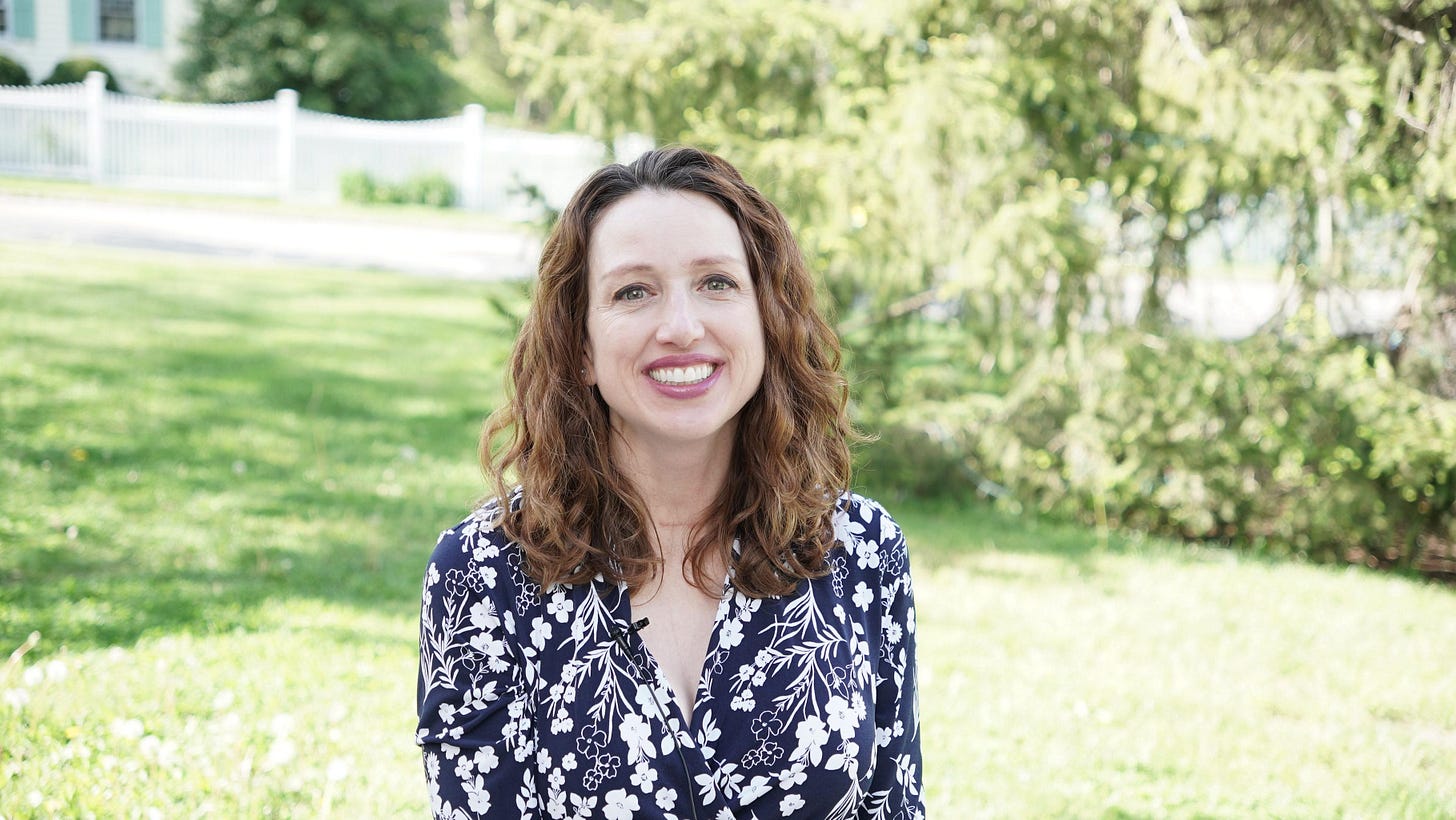New meta-analysis should end discussion of mask mandates in schools
We cannot impose on people’s freedom and bodily autonomy to mandate an intervention that shows no efficacy at a population level
Earlier this week, the Cochrane Library released a sweeping update of its evidence summary of physical interventions to reduce the spread of respiratory viruses. For context, every academic physician has heard of the Cochrane Library, as their database is where medical evidence “lives.” If you are looking at any particular medical intervention and you want to know how effective it is, your first stop would be the Cochrane Database: the gold standard for evidence-based medicine.

From where I sit, as a primary care doctor practicing in an academic clinic setting, this review was big, huge science news. It gathered and studied 78 randomized controlled trials, both pre- and mid-COVID, and addressed COVID, flu, and other respiratory viral illnesses. I was surprised (and not in a pleasant way), therefore, to see almost complete media silence after the review was released. I didn’t see anything about it on cable news; no articles in well-known newspapers. The tweet from the Cochrane Database announcing the review only had 68 likes and 24 retweets after 24 hours. “How is this possible?” I thought. “Why does no one care whether masks work or not?”

Probably because the answer was pretty much: not. From the review: “Wearing masks in the community probably makes little or no difference to the outcome of laboratory-confirmed influenza/SARSCoV2 compared to not wearing masks.” The same was true for influenza-like illness (ILI). Hand hygiene showed a modest benefit.
As others have observed, it may still make sense for doctors to counsel immunocompromised or medically vulnerable individuals to wear masks during cold and flu season. This is because interventions that are not effective at a population level may still provide some benefit to individuals at risk. But in my opinion, this meta-analysis should put a permanent end to mask mandates. We cannot impose on people’s freedom and bodily autonomy to mandate an intervention that shows no efficacy at a population level. Further, given the possibility that masks could provide some protection to vulnerable individuals, any protection would be for that individual only and does not require mandating others to act in a certain way.
Another important point made by the review is that “Harms [from masking] were rarely measured and poorly reported.” The authors call for higher-quality studies, but also point out the obvious fact that any potential efficacy of masking must be measured against the harms. Entire knowledge bases of early literacy and speech development highlight the importance of seeing human faces for young children, so logical harms of extended masking of both young children and their teachers can be assumed. This is one reason why the World Health Organization recommends against mask-wearing for children under 6.
Indeed, children with visual impairment have been found to have delayed speech. A Harvard University poll showed that 40% of parents believe that wearing a mask was harmful to their child’s school experience. Another study showed that masks were disruptive to school-aged children’s ability to process human facial cues. Given the accumulating evidence of harms of masking, especially to young children, and the now-large number of randomized trials showing little to no benefit, all mask mandates in schools should be out of the question going forward.
Kristen Walsh, MD, FAAP
Community/Clinical Academic Pediatrician
Dr. Kristen Walsh is a board-certified pediatrician in northern NJ. She is the mother of twin teenagers and has over 20 years of clinical experience in both academic and private practice settings. For the past 10 years, she has volunteered at a school for special needs children and been involved in early childhood advocacy on both the state and national levels. She recently co-wrote a BMJ Paediatrics op-ed entitled “COVID-19 and the unseen pandemic of child abuse.”
Dr. Walsh’s last piece for this Substack “Children Continue to Pay Too High a Price For Adults' Outdated COVID Fears” may be found here.








I would shorten your opening statement; We cannot impose on people’s freedom and bodily autonomy, period. Unless we are fascists.
Has anyone examined the level and effect of germs on the average mask of adults and children?